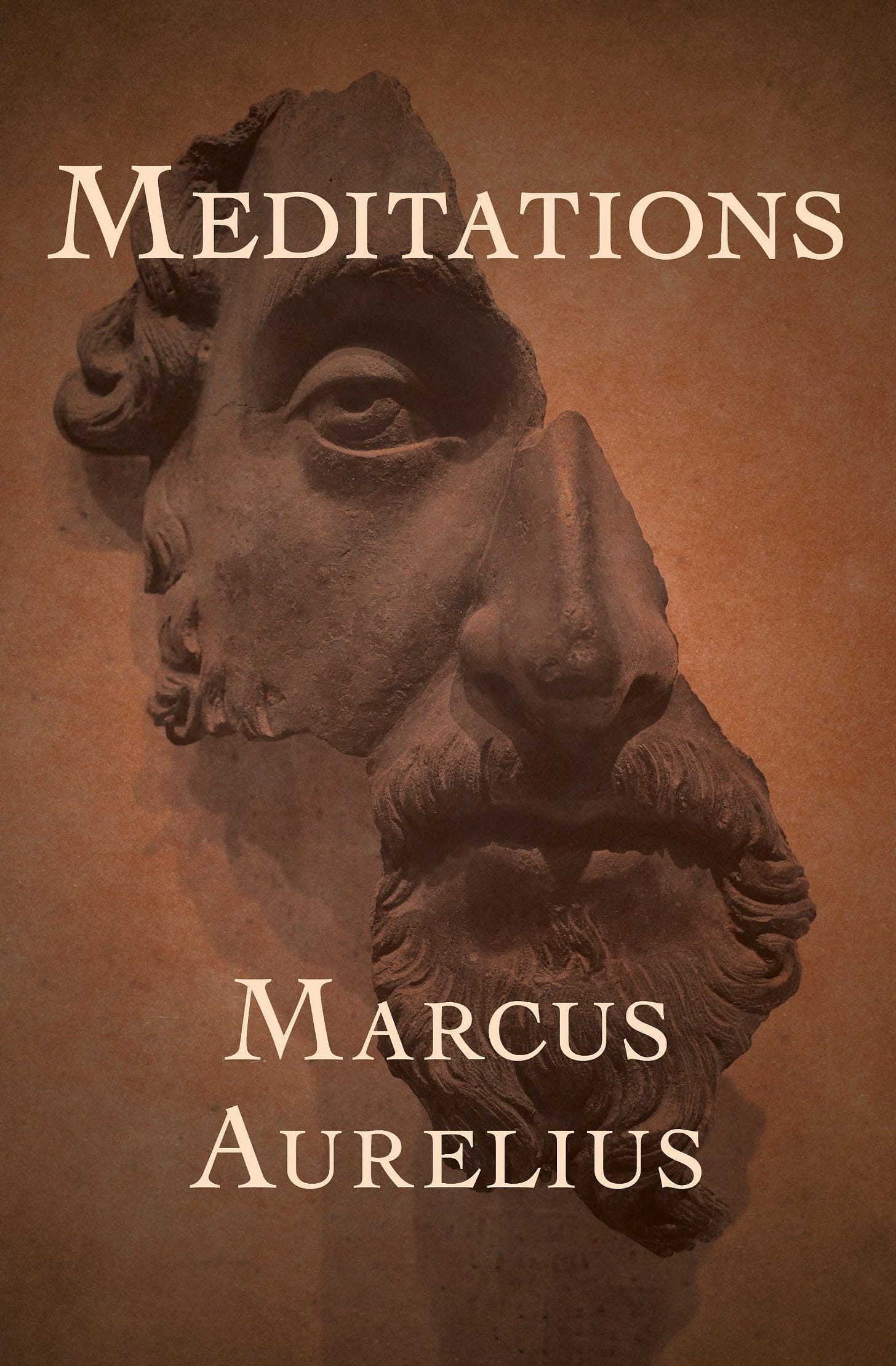Echoes Through The Ages
In the echoing halls of power, amidst the clang of swords and murmur of advisors, whispers a voice of quiet resilience.
A ruler etched not in bronze, but in parchment. A leader whose battlefield was the mind, and whose weapons were reason and reflection. This is the story of Marcus Aurelius, the Roman emperor who defied the mold, wielding a pen mightier than his sword.
Born in 121 AD, Aurelius didn't crave the imperial purple. He yearned for the quiet life of a Stoic philosopher, steeped in logic and introspection. But fate, like a capricious deity, had other plans. Adopted by his uncle, Emperor Antoninus Pius, Aurelius was thrust onto the path of power.
He ascended the throne in 161 AD, a reluctant emperor in a turbulent age. Plague ravaged the empire, barbarian hordes gnawed at its borders, and internal strife threatened to tear it apart. Yet, amidst the chaos, Aurelius stood firm, a guiding light in the storm.
His reign was marked by unwavering dedication to duty. He led his armies with stoic resolve, repelling invaders and restoring order. But unlike his predecessors, Aurelius refused to be consumed by conquest. He saw himself as a shepherd, guiding his flock with justice and compassion.
His guiding light was Stoicism, a philosophy that emphasized reason, virtue, and acceptance of fate. In the dead of night, while the empire slept, Aurelius poured his soul into his Meditations, a testament to his inner struggles and unwavering dedication to self-improvement.
He wasn't a stoic statue, devoid of human frailty. He mourned the loss of his wife and children, grappled with self-doubt, and yearned for peace. But through it all, he held fast to his principles, seeking solace in reason and acceptance.
His reign wasn't without flaws. The plague, coupled with incessant wars, drained the empire's coffers. Some criticized his pacifistic approach, his reluctance to expand Roman borders. But Aurelius remained his course, prioritizing the well-being of his people over territorial gain.
In 180 AD, at the height of a campaign against barbarian invaders, Aurelius fell ill and died. He left behind a legacy not of conquest, but of character. He was an emperor who ruled not by might, but by reason, a philosopher who wore the imperial purple with the humility of a commoner.
Marcus Aurelius remains an enigma, a beacon of stoic wisdom in a tumultuous world. He teaches us that true power lies not in outward dominion, but in the mastery of oneself. His life, etched in the pages of his Meditations, continues to inspire us, reminding us that even in the darkest of times, the light of reason and virtue can guide us through.
Aurelius wasn't just an emperor; he was a man. A man who grappled with doubt, loss, and the weight of responsibility. Yet, he faced these challenges with courage, grace, and an unwavering commitment to the greater good. His story is not just about the Roman Empire; it's about the human spirit, about the potential for greatness that lies within us all.
So, let us not just admire Marcus Aurelius, but learn from him. Let his Meditations be our guide, his life our inspiration, as we strive to navigate the complexities of our own lives, seeking not outward conquest, but the mastery of ourselves.




